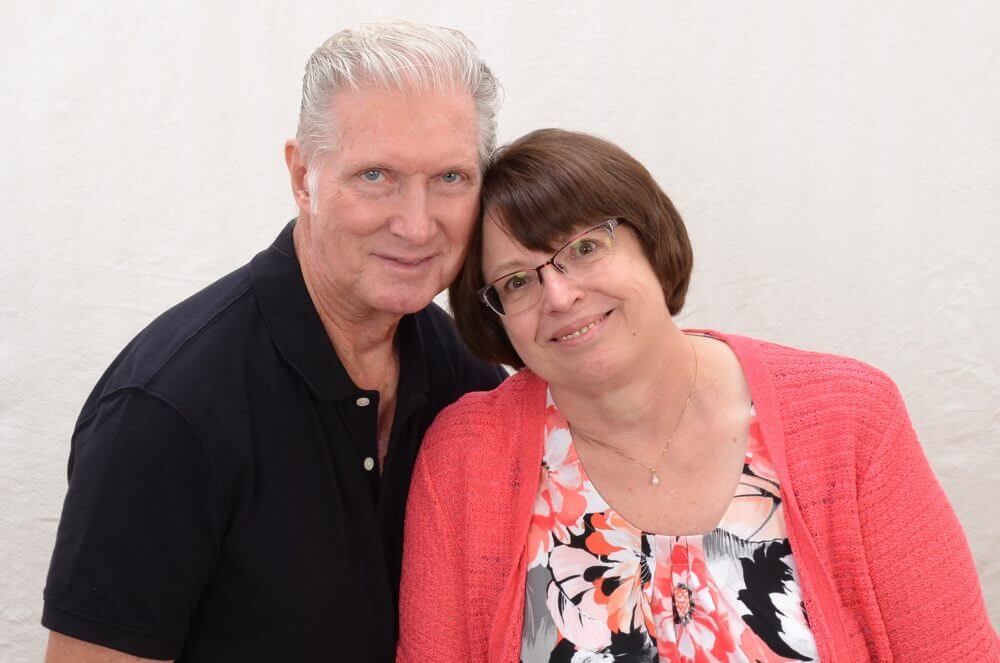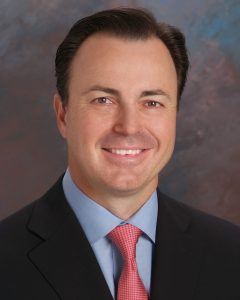
Acoustic Neuroma Patient Hopes to Raise Awareness With Live Surgery
After months of recurring fatigue and unsteadiness—and the development of new symptoms including memory problems, aphasia, and headaches—O’Brien made an appointment with her primary care physician.
The blood work and brain imaging came back normal. A neurologist suspected post-viral fatigue syndrome.
O’Brien’s balance problems improved slightly with physical therapy but still affected her daily life. Her fatigue and memory problems made it too difficult to continue her job as a triage nurse.

She leaned on her husband for support—often literally.
“I’d hold onto my husband a lot,” she said. “People probably thought, ‘how cute,’ but he was keeping me from falling over.”
The day after Thanksgiving, O’Brien woke up with hearing loss. An otolaryngologist—also known as an ear, nose, and throat (ENT) doctor—ordered another MRI. It revealed an acoustic neuroma, a benign tumor that forms on the nerve that connects the ear to the brain. The tumor had been missed on the previous MRI, and it had grown.
But O’Brien said the diagnosis came as relief, even though she had never heard of an acoustic neuroma.
“If you have an answer, if you have something physical there, you can deal with it,” she said.
The ENT doctor referred O’Brien to neurosurgeon Dr. Randall Porter, director of the Acoustic Neuroma Program at Barrow Neurological Institute in Phoenix.
“I had heard a lot about Barrow,” she said. “I’ve known people who have benefitted from Barrow’s brain surgeons.”
Dr. Porter explained the options: a “wait-and-see” approach, radiation therapy, or surgery.
“I had already decided on surgery,” she said. “It’s still small. Why wait until it gets bigger and more complicated? It’s been a long two years.”
A translabyrinthine craniotomy would provide the best access to the tumor and reduce the risk of facial paralysis, Dr. Porter explained. It would sacrifice hearing on the affected side, but O’Brien had little hearing function left in that ear to preserve.
We always think hearing loss and balance are signs of aging, that they’re normal. They’re not always normal.
-Carolyn O’Brien, Barrow Patient
O’Brien is looking forward to regaining her independence and spending worry-free time with her husband, three children, and five grandchildren. She also hopes to return to work, at least part time.
To provide an educational opportunity for medical professionals and raise awareness about acoustic neuromas, O’Brien will have her surgery streamed live online.
“I’d like to get the word out,” she said. “We always think hearing loss and balance are signs of aging, that they’re normal. They’re not always normal.”
To watch the live surgery, visit bar.rw/ansurg at 8:30 AM on Tuesday, May 8. The time is subject to change.
